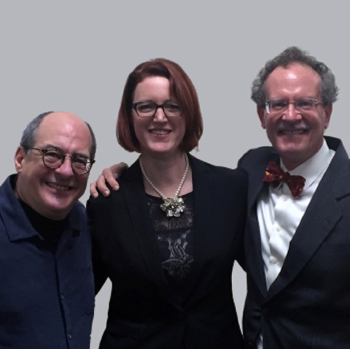Nor is the ASO yet back to where it was four years ago, according to Laufer: “We still have a much smaller string section than we need. Some sections of brass and woodwinds are quite thin. And compensation took a big cut from what we need in order to be competitive. We still have a shortened season, with 10 weeks of furlough.”
However, even Laufer agreed that there is “an enormous difference” in the mood of the musicians since the lockout days. Without exception, everyone I spoke with — musicians, administration, board members, and fans — expressed the sentiment that things are looking up. There is even gossip, once again, about a new concert hall.
James L. Paulk is a freelance music critic based in the Hudson Valley and in New York City. During the past seven years, he wrote regularly for the Atlanta Journal-Constitution.
However, even Laufer agreed that there is “an enormous difference” in the mood of the musicians since the lockout days. Without exception, everyone I spoke with — musicians, administration, board members, and fans — expressed the sentiment that things are looking up. There is even gossip, once again, about a new concert hall.
James L. Paulk is a freelance music critic based in the Hudson Valley and in New York City. During the past seven years, he wrote regularly for the Atlanta Journal-Constitution.





 RSS Feed
RSS Feed